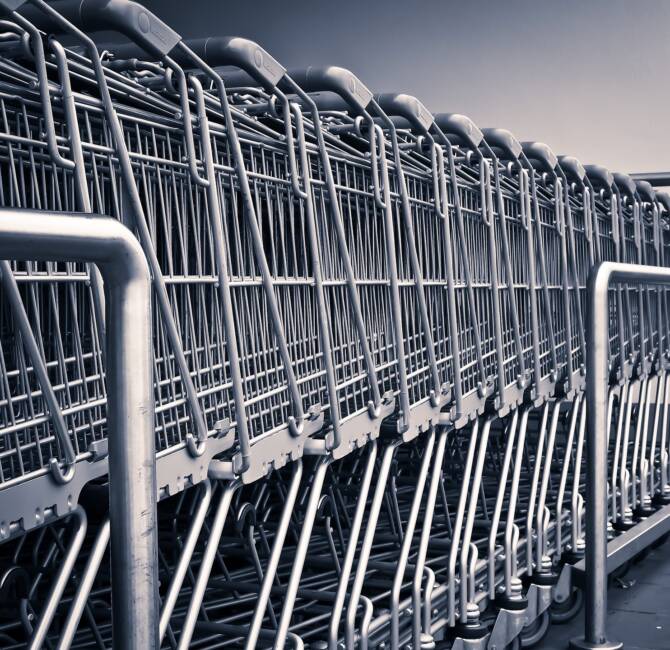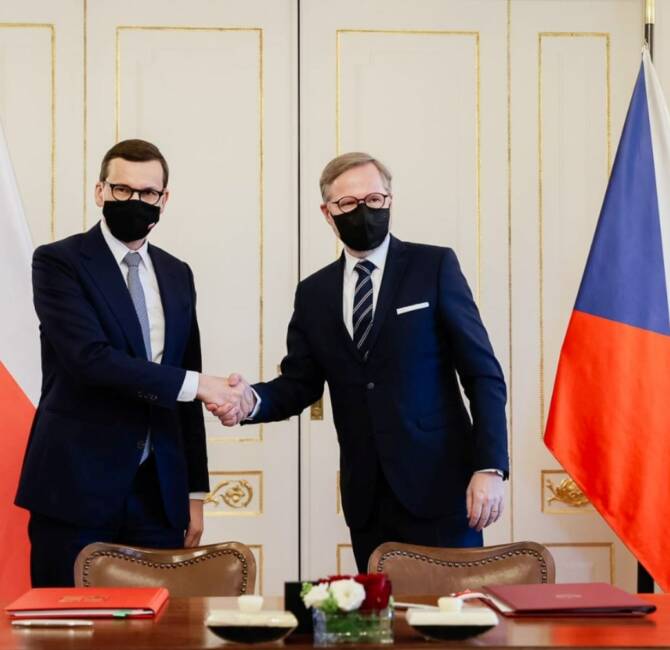Hungary/NATO – A NATO summit devoted to the situation in Ukraine was held in Brussels on Thursday, 24 March in which Ukrainian President Volodymyr Zelensky took part via video link. Moved by a sense of solidarity with Ukraine because it is under attack from Russia, some countries have advocated for an extension of sanctions against Moscow.
Ukrainian president lecturing Hungary
The Ukrainian president addressed Hungary and Prime Minister Viktor Orbán directly. “I want to stop here and be honest. Once and for all, you have to decide for yourself who you are with. You are a sovereign country. I have been to Budapest. I love your city. I have been there several times (…) I visited the [banks of the Danube].
I saw this memorial… the Shoes on the Danube Bank where a mass crime occurred. I have been there with my family. Listen, Viktor, do you know what is happening in Mariupol right now? Please, go to the embankment, go see those shoes, and then you will understand that a massacre is happening again in the world, and this is what Russia is doing today.
In Mariupol there are the same shoes, the same people: adults, children, and grandparents. Thousands and thousands have already left. And you hesitate about letting weapons through or not? And you hesitate about whether to trade with Russia or not? There is no time to hesitate. It’s time to decide already. We believe in you, we need your help. We believe in your people. We have confidence in the European Union and in the fact that when the time comes, Germany will also be there with us.
Sanctions to be extended to the energy sector?
Some leaders want to enact new sanctions against Russia’s energy industries (coal, gas, and oil), and Volodymyr Zelensky once again asked Hungary to authorise the delivery of arms through its territory, or even to deliver arms to Ukraine itself.
Hungarian Prime Minister Viktor Orbán rejected both demands, saying that they are contrary to Hungary’s interests: “Some countries have suggested extending sanctions to energy, coal, gas, and oil. The President of Ukraine himself, who participated in the discussion via video link, likewise asked us to do the same.
We considered this and rejected it, as 85% of the gas in Hungary comes from Russia, as well as 60% of our oil. (…) This is unacceptable, it is against the interests of Hungarians, and it would mean that we would pay the price for the war.
Moreover, Hungary is one of the main suppliers of Russian gas to… Ukraine. For that reason, such sanctions would also imply an end to the supplying of gas to Ukraine through Hungary.
Hungary will not deliver arms to Ukraine
Ukrainian demands for arms deliveries have also been refused by Hungary:
“Hungary wants to stay out of this war, so it will not allow arms deliveries and will not send arms to Ukraine.”
However, in line with Hungary’s commitments towards NATO, of which it is a member, some troops and weapons can transit through Hungary, even though the Hungarian authorities will not allow any arms shipments to cross its border with Ukraine. Such a situation is considered hypocritical by the Hungarian opposition, who believe that Viktor Orbán has brought shame on Hungary by refusing to bow to Zelensky’s demands. In the midst of the election campaign, the Hungarian government has put up new posters showing Viktor Orbán’s face in profile, with the slogan “Let’s preserve Hungary’s peace and security.”
Hungary wants to stay out of this war but is doing its part
Government spokesperson Bertalan Havasi told the media that it would take three to four years to switch to another source of oil for Hungary’s refineries, and that it is physically impossible at the moment to replace the amount currently being supplied by Russia with other sources.
Havasi recalled the Hungarian government’s stance that it does not want Hungarian families to suffer a foreign war’s repercussions, which is why Hungary will block the extension of sanctions to the energy sector when possible.
For Balázs Orbán, political director of the Prime Minister’s Office, the diversification of energy sources is a process that is already underway but may take decades.
At the same time, Hungary has sent more than 5.3 million euros’ worth of humanitarian aid and has already received more than half a million refugees from Ukraine, offering assistance and care to those in need. This situation is hardly tenable, which is why Hungary has called for European solidarity.




